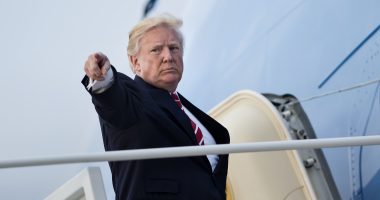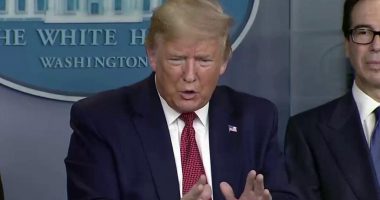Barack Obama, chose his cabinet atop an ivory tower of academia.
The selections he made were based on education, with little consideration for actual abilities, contributions, or experience–apparently considering them less relevant than degrees and theories.
In the book, A Passion for Leadership: Lessons on Change and Reform from Fifty Years of Public Service, author and former Secretary of Defense Robert Gates wrote about Obama and how he chose cabinet positions.
 Obama’s Cabinet | Photo Credit WikiMedia Commons
Obama’s Cabinet | Photo Credit WikiMedia Commons
Obama Is Better Than You
“You know, the president is quoted as having said at one point to his staff, “I can do every one of your jobs better than you can,” said Gates on MSNBC referencing Obama. The arrogance is ridiculous, but why would someone want an incompetent staff to surround them?”
This is a blantant example of poor leadership. Consider Henry Ford on the other hand, who said, “An educated man is not one whose memory is trained to carry a few dates in history—he is one who can accomplish things.”
Obama’s self-absorption meant he chose people he thought of as smart, even if they were weak in experience. Henry Ford didn’t assume he knew everything. Instead, he hired and surround himself with people who filled in his knowledge gaps. Trump is doing much the same.
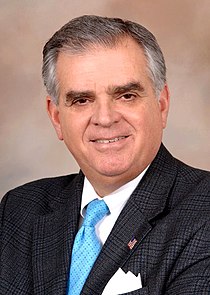 Obama’s Cabinet | Photo Credit WikiMedia Commons
Obama’s Cabinet | Photo Credit WikiMedia Commons
Place Holder Cabinet Positions
Unlike President Obama’s “place holder” cabinets, Trump selections are elevating the quality of each position, as each new member brings experience, intelligence, and proven talents. After all, the point of hiring someone is that they can work with you to do the job better and in less time than you can alone.
That’s what a team is all about. Why would a coach assume he can run a play better than the quarterback, running back, or offensive line? The point of being on a team, or creating a cabinet, is to link like-minded individuals who bring different gifts to the job. Combined with others, individual histories and talents form a unified effort.
Trump’s construction experiences of the past required him to surround himself with engineers, architects, financiers, and lawyers, among other experts. He certainly wouldn’t claim to know more than any one of them in their given field. Instead, he’s the coach, and he’s strategically choosing a winning cabinet.
How do you think Trump’s cabinet stacks up in comparison to Obama’s?
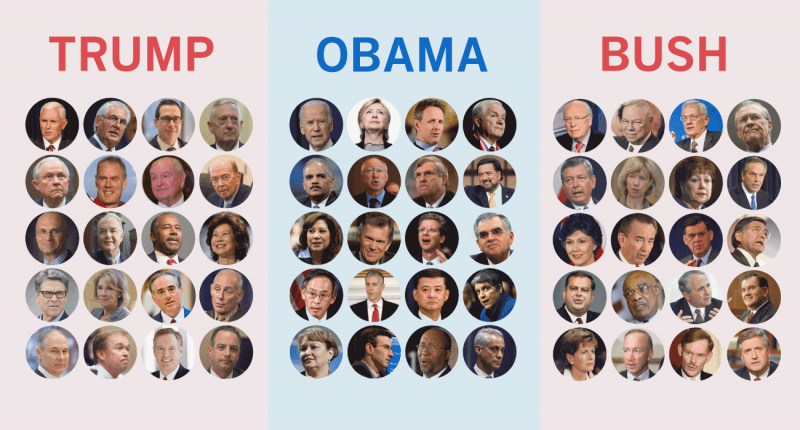

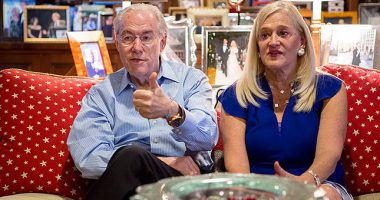

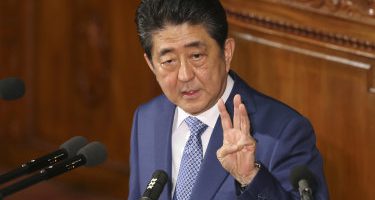
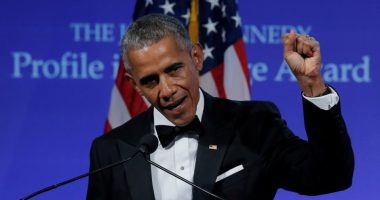
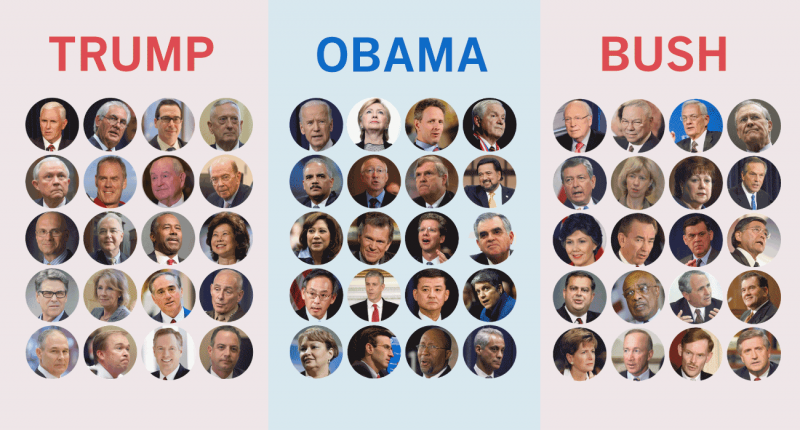
 Obama’s Cabinet | Photo Credit WikiMedia Commons
Obama’s Cabinet | Photo Credit WikiMedia Commons Obama’s Cabinet | Photo Credit WikiMedia Commons
Obama’s Cabinet | Photo Credit WikiMedia Commons